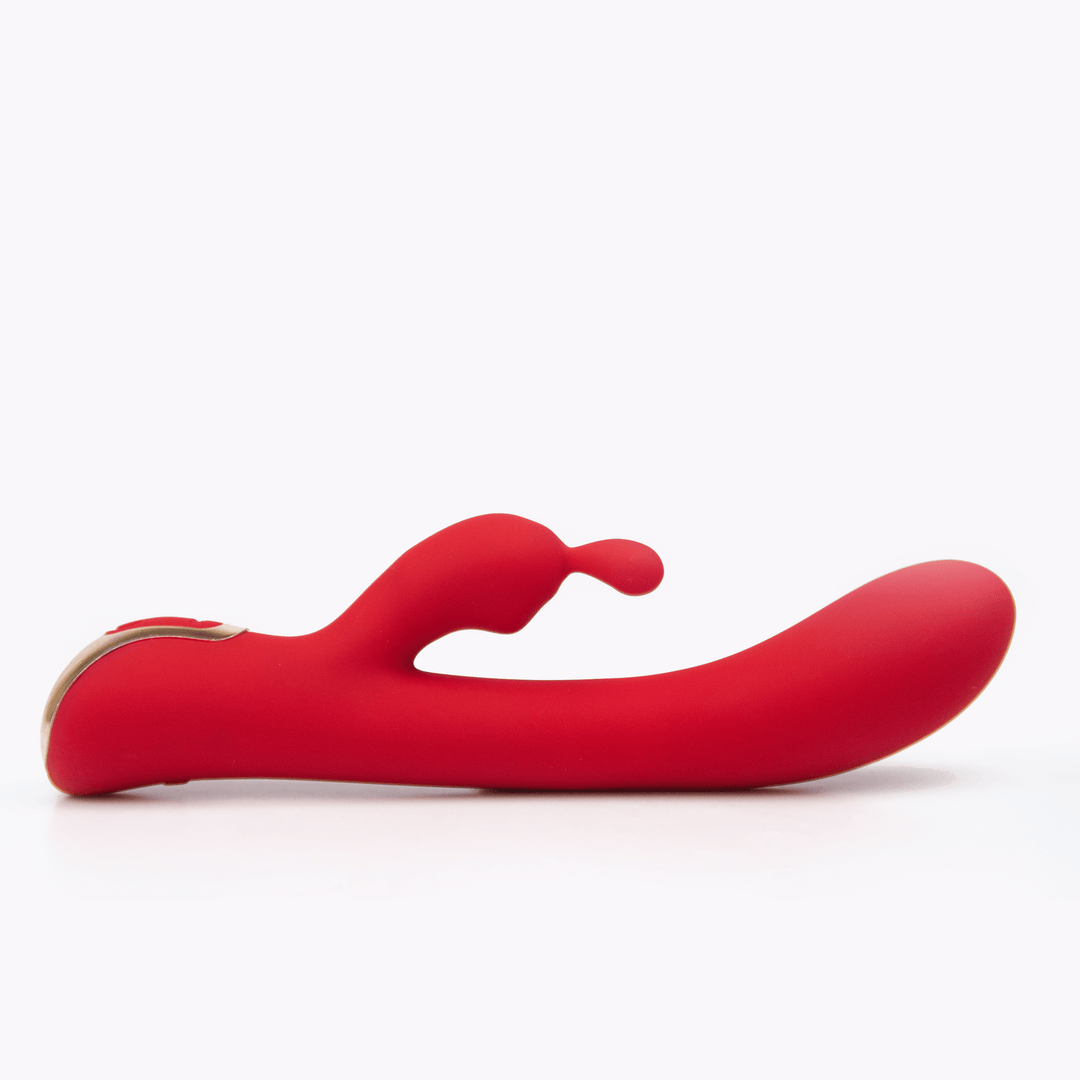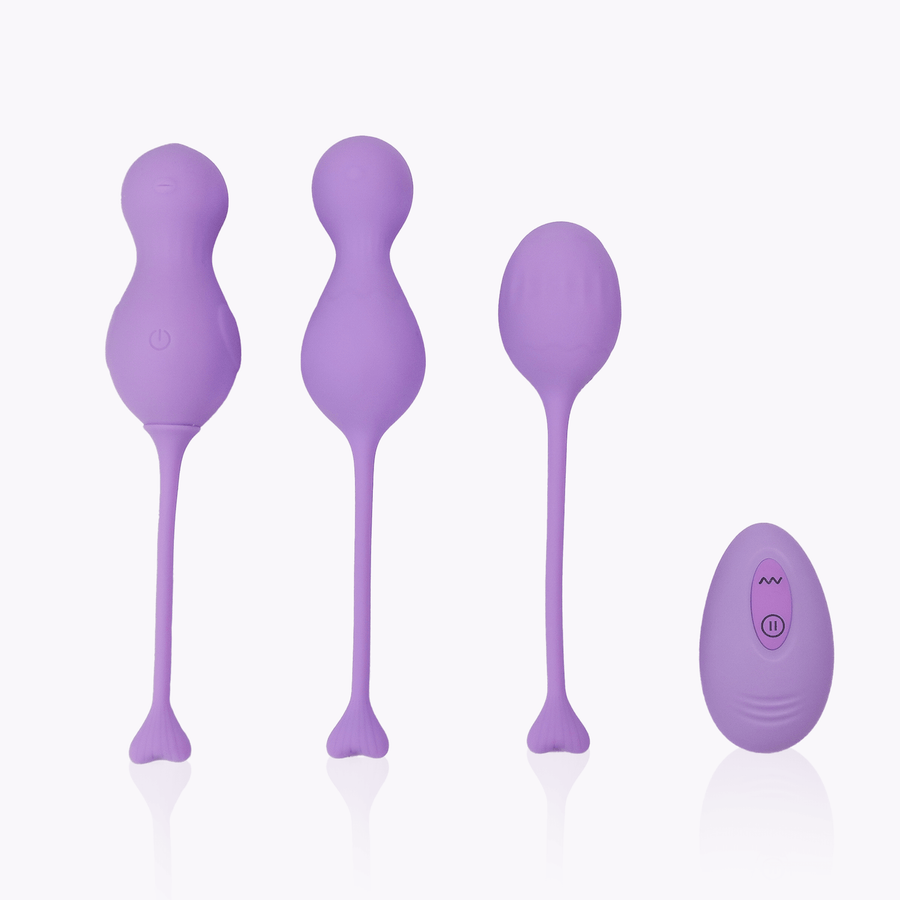How Do I Clean My Sex Toys?
The Importance of Cleaning Sex Toys
Sex toys are tools that offer pleasure and variety in our sexual lives. However, regular and correct cleaning of these tools is of great importance for both our personal health and the quality of our sexual experiences. A good cleaning routine reduces potential risks of infection and helps maintain your sexual health.
Importance of Hygiene: Since sex toys come into direct contact with our skin and sensitive body parts, they can create a suitable environment for the growth of bacteria and germs. Regular cleaning prevents the growth of such microorganisms and prevents possible infections.
Long-Lasting Use: Proper cleaning of sex toys also extends the life of the products. Cleaning is a critical step for the protection and long-term use of your quality toy investment.
Chemicals and Material Safety: Different materials require different maintenance methods. Using the wrong cleaning products can damage the structure of the toys and cause allergic reactions to the skin. Therefore, it is essential to use cleaners suitable for the material of the toys.
Personal Health and Partners: If more than one person uses sex toys, this increases the importance of cleanliness. Preventing cross-contamination and maintaining appropriate hygiene standards before and after each use is essential for a safe sexual experience.
Psychological Comfort: Clean and well-maintained sex toys make your sexual experience more comfortable and worry-free. Sexual activity in a hygienic environment can be more mentally satisfying and relaxing.
Keeping sex toys clean not only protects your sexual health, but also makes your sexual experience more enjoyable and safe. Therefore, cleaning your sex toys regularly should be an important part of your sexual health routine.
Cleaning Methods for Different Materials
Knowing the correct cleaning methods according to the material of your sex toys will both prolong the life of your toys and protect your sexual health. Here are the most common sex toy materials and cleaning methods suitable for these materials:
1. Silicone Toys
Silicone is one of the most popular materials for sex toys. Silicone toys can be washed with soap and water. Additionally, waterproof ones can be sterilized by boiling. It is recommended to use alcohol-free cleaners for silicone toys.
2. Glass and Metal Toys
Glass and metal do not harbor bacteria and are easy to clean. Toys made from these materials can be cleaned with warm water and antibacterial soap. These materials are also resistant to alcohol-based cleaners.
3. Plastic and TPR/TPE Toys
Plastic and thermoplastic elastomers (TPR/TPE) are more porous, so soap and water should be used for toys made of these materials. It is not appropriate to boil such toys or use alcohol-based cleaners.
4. Rubber and Latex Toys
Rubber and latex materials are more porous and sensitive. Gentle soaps and warm water should be used for these toys. Rubber and latex materials should not be exposed to water for long periods of time.
5. Electronic Toys
For electronic sex toys that are not waterproof, it is recommended to wipe them with a damp cloth and not wash them directly under water. It is important to keep toys dry.
6. Cloth and Leather Toys
Fabric and leather materials require special care. There are usually specific cleaning instructions recommended by the manufacturer for such materials. Leather cleaners suitable for leather should be used.
Applying cleaning methods appropriate to the material of your sex toys protects your products and provides a healthy sexual experience. Cleaning your toys after each use and storing them properly is important for hygiene and safety.
Choosing the Right Cleaning Products
Choosing the right cleaning products is vital to ensure long-lasting and safe use of your sex toys. Here are the important points to consider when making this choice:
1. Product Content: Carefully examine the contents of the product you will use to clean sex toys. Choose products that do not contain alcohol, paraben and other aggressive chemicals and do not harm the skin. Cleansers specifically formulated for sensitive skin are ideal.
2. Suitability for Toy Material: When choosing a cleaner, pay attention to the material of your toys. Different materials such as silicone, glass, metal or plastic may require different cleaning products. For example, alcohol-free and mildly formulated cleaners are ideal for silicone toys.
3. Easy to Rinse: Choose products that do not leave residue on toys after cleaning and can be easily rinsed. This is important for your sexual health because residues can lead to skin irritation or infections.
4. Antibacterial Properties: Cleaners with antibacterial properties can be used to clean bacteria and germs. However, excessive use of such products can damage the materials, so attention should be paid to the instructions for use.
5. Natural and Hypoallergenic Options: Natural and hypoallergenic cleaning products can be preferred for sensitive skin. Such products reduce the risk of skin irritation with their chemical-free formulas.
6. Trusted Brands and Manufacturer Recommendations: Choose cleaning products specially produced for sex toys. Additionally, it is always best to follow your toys' manufacturer's instructions and use their recommended cleaning products.
Choosing the right cleaning product is an important step in caring for your sex toys. This choice not only extends the life of toys, but also protects your sexual health. Using a cleanser appropriate for the material of the toys and your personal skin type is an essential element for a hygienic and safe sexual experience.
Common Mistakes When Cleaning Sex Toys
Common mistakes made when cleaning sex toys can shorten their lifespan and pose risks to your sexual health. Here are some of these mistakes and how to avoid them:
1. Inadequate Cleanliness
Quickly wiping the surface of sex toys is not enough. All surfaces of toys need to be thoroughly cleaned and all bacteria and germs removed. It is important to clean toys thoroughly after each use with water and a suitable cleaner.
2. Use of Wrong Cleaning Products
Using cleaners that are not suitable for the material of the toys may damage the material and pose health risks. Gentle, alcohol-free cleaners suitable for the material of the toys should be used.
3. Storage Before Complete Drying
Storing sex toys before they are completely dry can cause bacteria and mold growth. It is important to let toys dry completely after cleaning.
4. Using Hard Brushes or Abrasive Cleaners
Hard brushes or abrasive cleaners can damage the surface of toys. Soft brushes or cloths should be used when cleaning toys.
5. Boiling Toys
Not all sex toys can be cleaned by boiling. This method is only suitable for waterproof and boil-proof materials. Carefully read the cleaning instructions of the toys and apply the appropriate cleaning method.
6. Neglecting Proper Storage Methods
Storing sex toys correctly is as important as cleaning. Toys should be stored in a breathable place, protected from dust, moisture and direct sunlight.
Avoiding these common mistakes when cleaning your sex toys will extend the life of your toys and protect your sexual health. Proper cleaning and storage methods are essential for a safe and hygienic sexual experience.
Conclusion: Cleanliness for a Safe and Hygienic Sexual Experience
Cleaning for a Safe and Hygienic Sexual Experience
As we've seen in this guide, cleaning sex toys is an essential part of maintaining your sexual health and extending the life of your toys. Knowing and applying the correct cleaning method for each toy material makes your sexual experiences safer, healthier and more enjoyable. It is important to choose cleaning products that are suitable for the material of your toys, that do not harm the skin, and to avoid using wrong cleaning methods and products. Regularly cleaning your sex toys after each use is essential for long-term use, as well as ensuring a hygienic experience. Remember, proper care of your sex toys contributes to the preservation of not only these tools, but also your personal health.
Source and References
Centers for Disease Control and Prevention (CDC). (2023). Sexual Health Information. https://www.cdc.gov/sexualhealth.
World Health Organization (WHO). (2023). Sexual and Reproductive Health. https://www.who.int/reproductivehealth.
Planned Parenthood Federation of America. (2023). Sexual Health Information and Resources. https://www.plannedparenthood.org/learn.
The Kinsey Institute. (2023). Research on Human Sexuality. https://kinseyinstitute.org/research.
American Sexual Health Association (ASHA). (2023). Sexual Health Resources. http://www.ashasexualhealth.org.
Journal of Sexual Medicine. (2023). Research Articles on Sexual Health. https://www.jsm.jsexmed.org.














Leave a comment